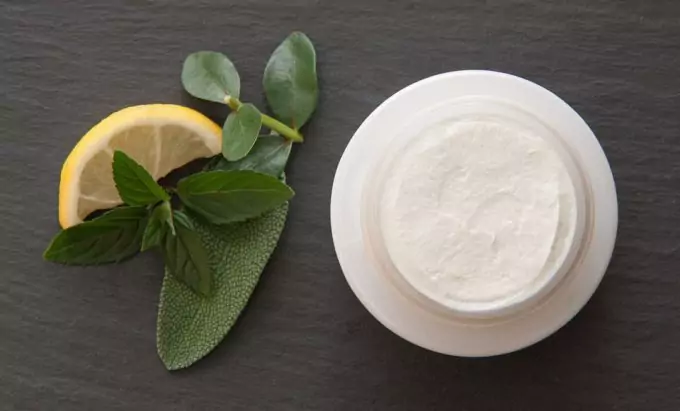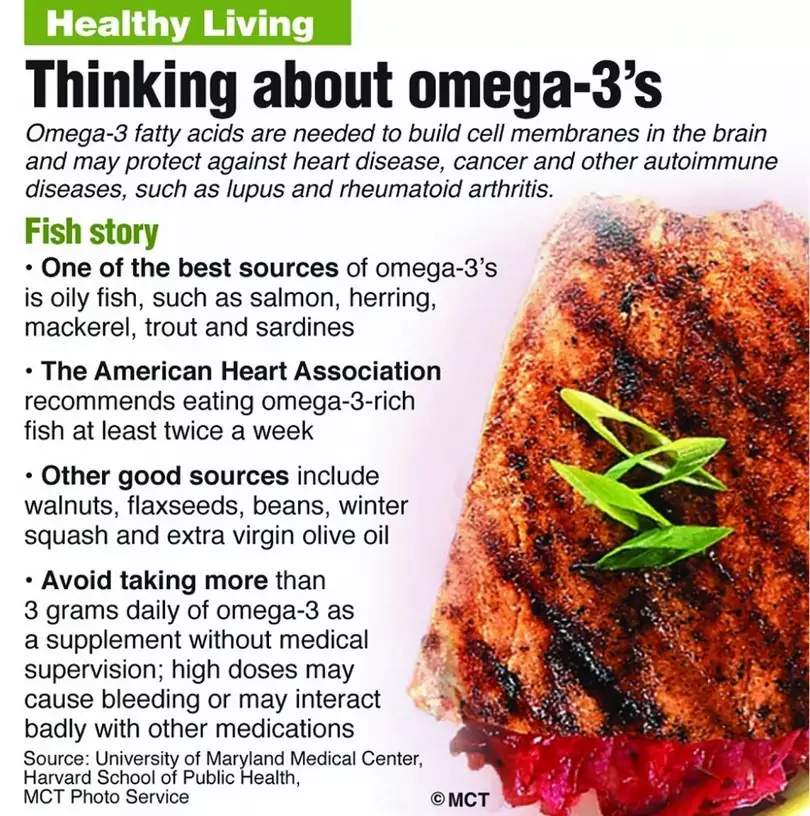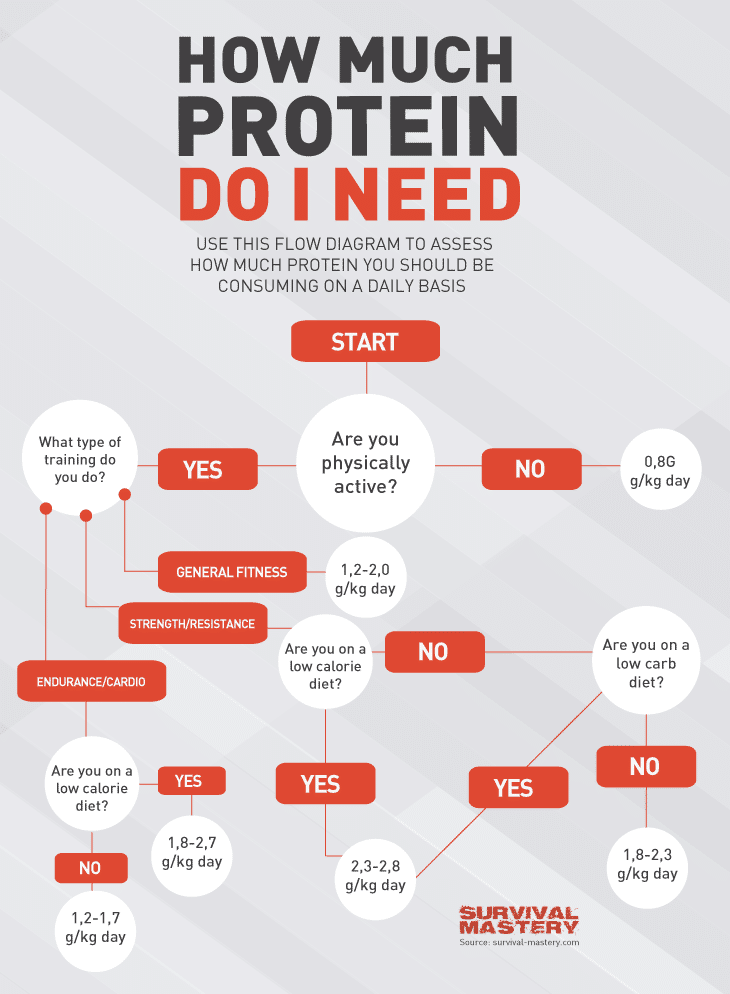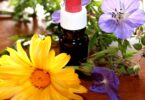Asthma is an unpleasant and usually chronic inflammatory disease. It causes the airflow passages to be blocked thus preventing the individual from breathing normally. The person feels s/he can’t breathe and panics even more. The airflow passage is blocked because it’s slightly swollen, and during an asthma attack the muscles contract and blocks even further the airways and no air reaches the lungs. This illness can affect people of any age, from children to old people.
While it has been speculated it may be a psychological disease (caused by the panic itself), there is still no hard proof for that. There is also no conventional medicine which cures a person from asthma.
Nonetheless, there are natural remedies for asthma, which help alleviate the symptoms and attacks. In this article we will share with you these natural remedies in the hope that they may help you, in case you suffer asthma or have a friend or relative with this chronic disease.
Asthma home remedies
Before we talk about the food/drink remedies it’s good to point out some important things you need to reconsider in your daily life.
As an asthma sufferer you have to avoid cigarette smoke (or must not smoke yourself) and avoid rush hours for going out. If you think pollen is also a culprit and causes you allergies, then make sure to keep clean at home, buy a dehumidifier and don’t keep the windows open all day. Stay away from smog in the city or where you live. If you need to go out anyway, wear a facial mask/surgical mask to protect partly the airflow passages and nasal cavity from getting chemical and dirt particles into the lungs.

Get used to some mild exercising and workouts. You need to do stretching, resistance training, aerobics, etc. They help you breathe deeply thus relaxing the throat muscles and opening the airflow passages. Of course, you need to be absolutely sure that wherever you’re training, the air is clean, there’s no dust anywhere that can you can breathe in by chance, etc. Some fitness and yoga clubs may be of suspicious status about how clean they are, so make sure you’re getting what you pay for.
The place must be clean and the air fresh. If you exercise outside, don’t do it in rush hours or when there’s smog, when it’s cold or too dry outside. Dry air keeps all particles floating in the air. For example, after rain, the air is clean and refreshed, since the particles are brought to the ground by the rain, and because they are wet.
Another thing to add to your exercising routine is to meditate and practice relaxation techniques, like biofeedback. You can either do it alone, or you can contact a trained professional who can be a guide and help along the way. Meditation helps with relaxing and also focuses your mind more successfully. It’s been scientifically proven that after they meditated, people are more focused in their work and less irritable. This means you will also feel the panic less often and it may even not have such a strong effect on you, thus taking into control the disease itself.

In addition to the above, you can also consider taking magnesium in a trans-dermal way. It usually gets in your blood stream almost immediately and you will have almost instant relief. Magnesium has been shown to relax the muscles and prevent strong spasms, thus alleviating the asthma attacks. It has also been scientifically shown that people with asthma are often strongly deficient in magnesium.
Also, drinking plenty of water is a great way to keep pollutants out of your system. Water cleanses the passages, hydrates your body properly and helps the body remove mucus and secretions from your lungs (which may often cause more problems in asthmatic individuals).
Reduce the intake of over-the-counter painkillers, also known as NSAIDS (non-steroidal anti-inflammatory drugs). They have shown to cause allergic reactions and if you tend to use NSAIDS, then better find another way to suppress pain when it strikes. A useful medication in this respect is the acetaminophen-based drug Tylenol. It is free of aspirin chemicals.
Stay away from chemical vapors that come from paint, glues, exhaust fumes, perfumes, and any type of unnatural additive and its smell/vapor around you. These can trigger strong allergic reactions and make your asthma symptoms even worse. If you still need, for example, to paint the walls or glue something broken at home, do so with a protective mask for your face. Don’t breathe the fumes directly and open the windows so that the chemical vapor can leave the house as quickly as possible.
Otherwise, turn on the air conditioner, but be aware that air conditioners keep dust and particles and if you start the machine you may actually breathe more of these if it weren’t started. If you use the air conditioner often, make sure it’s clean. Do the cleaning regularly. You must breathe in clean air.
Natural asthma remedies you can prepare at home
Apart from the above advice, you have to also think of your daily food intake and diet as a whole. Food – what we eat and how we eat it – has a huge impact on our health in many aspects. Asthma can also be positively affected if you change your diet accordingly.
Ginger and turmeric
Ginger and turmeric are roots of the same family and have strong anti-inflammatory properties. Turmeric is one of the top fighters against inflammation in the body, because it suppresses the release of prostglandins, which are hormones causing inflammation. You can add turmeric and ginger in meals, or even in tea. While turmeric has a strong taste and may not be pleasant to the palate, you can mix a glass of warm water with honey and a teaspoon of turmeric.

Mix them together and drink the mixture. If it’s still unpleasant you can drink it in one go if possible. If you prefer you can take only ginger, as it’s more acceptable. Add it to teas, meals, in powder or raw form. Either works.
Caffeine
If you’re a coffee-lover then you have already found the right path to feeling better. If not, you can try to add one cup of coffee daily. If you don’t like coffee at all, you can substitute it with black tea, as there is plenty of caffeine in this drink. In case you don’t enjoy the taste of black tea and it’s too strong for you, opt for green tea. While there isn’t enough caffeine in green tea, there is still some to help you.
Caffeine has been shown to be a bronchodilator, meaning it opens the bronchi thus reducing the chance for spasms and contractions – those which prevent you from breathing normally. And of course, don’t take too much caffeine or you will put too much stress on your body, and it can have the opposite effect.
Mint/Eucalyptus oil
Both plants – mint and eucalyptus tree – can have decongestant effect on your system. Eucalyptus has been used for hundreds of years for breathing problems and bronchitis. The plant has a chemical known as eucalyptol which causes mucus plaques to break down and leave the body, usually through the nasal passage.

You can drip a few drops of eucalyptus oil on your pillow and breathe it while you sleep, or drip the oil in a hot bath tub. You can also have hot steam baths or just have a pot with hot steaming water. Put some drops of the oil in the hot water, take a towel and stay above the steam, keeping the towel over your head.
Thus the steam will be concentrated and will help immensely in the release of any blockages and mucus. You can do this for 10 minutes daily if you like. During this procedure relax and enjoy it. Take deep breaths so that the oil’s vapor can reach all the bronchi and release any mucus in them.
Garlic
Add garlic to your menu. Regular intakes of garlic (best to be fresh and raw) also remove plaques and make your symptoms slightly more bearable. Also, the spicy property of the garlic opens the secretion orifices and releases blockages, plaques and mucus.
Omega-3 and fatty fish
Omega-3 is considered a strong anti-inflammatory oil, which is of incredible importance to the proper functions of the body. Many inflammatory issues may be caused by insufficient Omega-3 intake. These fatty acids inhibit the leukotriene, suppressing the inflammation. You can ask your general practitioner how much omega-3 is sufficient for your needs depending on how much fish you tend to eat on a weekly basis.
If you eat fish daily, one capsule may be enough. If you’re a vegetarian/vegan, up to 3 to 5 capsules may be needed for you. If you’re a strong veganism supporter, you may be delighted to find out that there are entirely plant-based Omega-3 supplements, derived from algae (the food that fish eat and which is rich in Omega-3).

If you’re an omnivore and dislike taking supplements, you should opt for fatty fish like mackerel, tuna and salmon. They have plenty of Omega-3 and you may even don’t have to take supplements at all.
Antioxidants
As we know, free radicals are what kills our cells on a daily basis and is pro-inflammatory. In order to fight the free radical antioxidants should be a necessary part of your daily regime. Antioxidant vitamins are C, A, E, quercetin (found in many vegetables and fruits), bromelain (enzyme found in papaya and pineapple), bioflavonoids, etc.
You can also add systemic enzymes (like bromelain, but in compound form), as they have a strong anti-inflammatory property. Take them away from food, so they have a positive effect on your system (which is what you want), and not for the digestion.
Vitamin C is found in plenty in citrus fruits, oranges, limes and lemons, grapefruits, etc. For example, if you need 300 mg vitamin C per day, you need to drink 3 glasses of orange juice (daily). Of course, vitamin C is present in wide variety of fruits and vegetables, but you can find it most in red peppers, papaya, forest berries, etc. Beware though if you have allergy from strawberries and avoid them.
Organic food
This is of huge importance, because non-organic food is often treated with strong pesticides and chemicals. These chemical particles can have a terrible effect especially in people with allergies and asthma. Chemicals and food additives disrupt the chemical balance in the organism and may off-balance your hormones, which may lead to inflammation.

Avoid highly processed foods and opt for fresh produce, ideally from clean gardens and farms using very little (if any) chemicals and pesticides. Avoid also sulfites, which may be found in certain meats and foods treated with sulfites. Read at the product label, as usually this should be written on the label and table of contents. Sulfites are strong allergens and should be avoided as much as possible.
Avoid animal products
Animal products tend to be highly acidic and pro-inflammatory, so you may want to keep those at a minimum, if you’re not able to remove them completely from your menu. Not only do they cause inflammation, but they are also known allergens. Eggs are also strong allergens and many people can’t even imagine eating eggs. Too much dairy products can also cause urticaria, which is also a strong symptom of allergic reaction.
Lower the protein intake
Too much protein may also cause problems for asthmatic individuals. Protein is known to cause strong inflammatory response in the body and thus can make asthma attacks even stronger. Regulate your protein intake and keep a journal. Avoid protein powders, as many of them are derived from animal byproducts – whey and casein. As a whole, women need about 45 mg of protein daily, and for men this number is about 65 mg. If you consume more than that, you may see stronger asthma reactions.

On the other hand, as long as you eat clean and organic products you shouldn’t have issues with plant-based protein.
Avoid strong flavors
Avoid strong flavors, but that doesn’t mean you shouldn’t enjoy spicy food. By strong flavors we mean sodas, chocolate, too much sugary drinks and sugar as a whole. Nuts, although purely natural product, are often allergens for many people. White flour, or wheat, should also be consumed at a minimum. Milk and wheat are much stronger among children. Adults don’t have such strong reaction against these products, because their immune system has already gotten stronger throughout the years. Children’s immune system is still weak and develops with time.
Eating habits
Not only the food itself is important, but also how you eat it. Avoid overeating and eating too fast. Eat in a relaxed environment among your family or close friends. Do not eat when you’re nervous, angry, irritated, etc.

This can send the wrong message to your body and you may end up having a strong reaction against the food you’re currently eating. Instead of it being good and healthy for your organism, your mood and emotions can destroy the positive effects of that food.
Probiotics/Vitamin B12
Probiotics have a strengthening effect on your immune system. It has been researched that people with allergies and asthma have a weak immune system and very little healthy gut bacteria. Vitamin B12 has significant effect on the nervous system and B12 deficiency may lead to chronic coughs and nervous system dysfunction. Less of B12 in the system is linked to laryngeal hyper-responsiveness.
If you add B12 to your menu, in the form of probiotics, yogurt or supplements, you can improve your bronchial problems and symptoms and alleviate coughing. Check out our article on using natural methods to cure coughing to help you beat the ailment.
Honey and bee pollen
Although bee products are more often related to seasonal allergies, they can still have strengthening effect on your immune system. Local bee products could work best. Otherwise, add them to warm teas (but not hot), or just a glass of water. Breathe in the odor of honey as well. Bee products have anti-inflammatory and antibacterial properties, which is why they have positive effect on all types of allergies, including asthma. Read on the benefits of honey for the body to get more information on this topic.
Herbal and fennel seed teas
Herbal teas have soothing effect on your entire system. Fennel seed can act like mint or eucalyptus tea and opens the airflow passages. It has a ‘cooling’ effect. Overall, teas, because they are hot and steamy, can have a positive effect on your body, bronchi and breathing as a whole. The steam relaxes the mucous membranes and helps plaques be released. A glass of warm milk can also have soothing properties, and even help you sleep better.

It is important to keep a journal and write down everything which you have seen that affects your condition. If you notice that something – either emotion or food/bad air – causes you to feel worse and you have strong reaction, write that down and report to your GP. S/he may have advice for you, which can help. Otherwise, avoid these irritants and you should notice your symptoms alleviating with time.






This is a very nice article. I myself make a cup of black coffee when I feel like an asthma attack is oncoming. I also tried black and oolong tea but coffee is still my go to natural remedy. I have my inhaler and some steroids on hand but I prefer going organic first, less chemicals, if you know what I mean.
It’s great that you try to go organic but you are also prepared with pharmaceutical products. Organic solutions help, but in case of a bad asthma attack you need to have something stronger.
I recently learned about Quercetin recently while searching for natural solutions for my skin inflammation. I have been administering Quercetin with Bromelain (Neither have been endorsed by the FDA, or been ended up being valuable in any clinical sense). That I bought from a local pharmacy, each morning and night, for a month now, and I haven’t expected to utilize my inhaler since. My sweetheart also has asthma, and his breathing has enhanced from general use also. We don’t wake up wheezing any longer, and our rest quality has moved forward.
It doesn’t help for emergency situations but it helps keep the attacks at bay.
Wayne,
I’m a little concerned that you are using a non-FDA approved combination. This governing body was created for a reason and if they find anything detrimental regarding a medicine then they are wise enough not to endorse it.
I would suggest consulting a physician for a better alternative as this may have a lasting impact on your health that will only show after a long period of time.
Nora
For asthma attack definitly caffeine will help until you can reach the drug store. Have strong tea/caffeine while meds aren’t available yet.